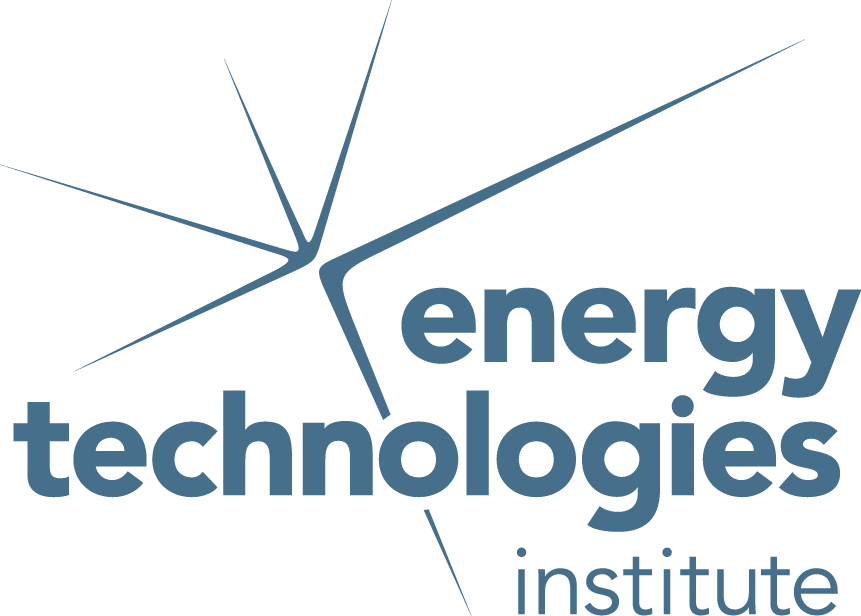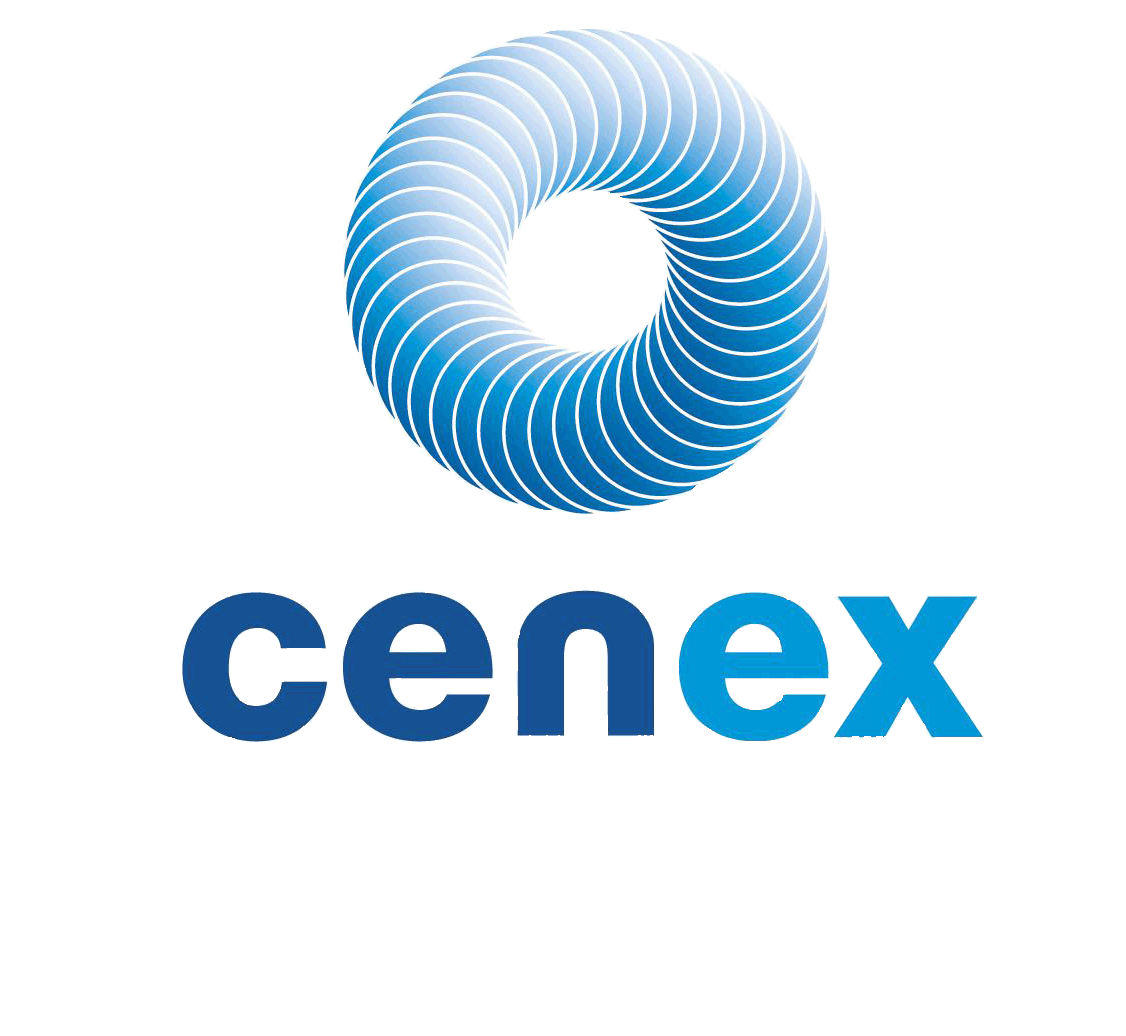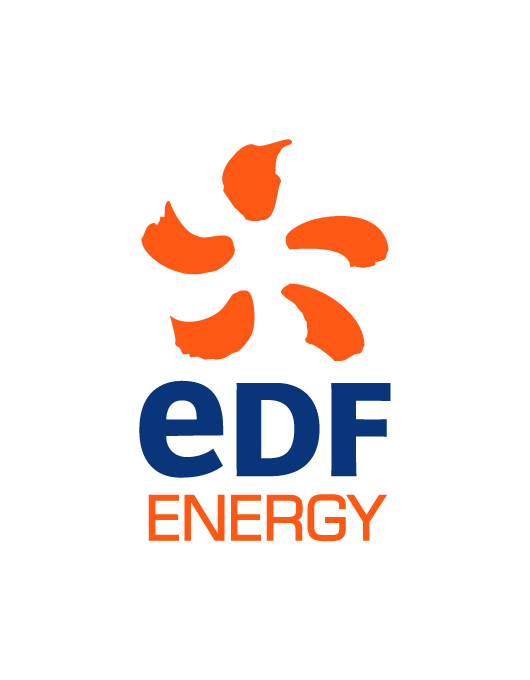Overview
The Consumers Vehicles and Energy Integration (CVEI) project aimed to understand the required changes to market structures and energy supply systems in order to encourage wider adoption of plug-in vehicles and their integration into the energy system.
CVEI was a £5m research project, commissioned and funded by the Energy Technologies Institute and led by TRL, to address the challenges and opportunities involved in transitioning to secure and sustainable low-carbon vehicles.
Value of this Project
The project’s participants were drawn entirely from the mass market: it used a rigorous stratified sampling strategy to ensure that sample is representative of the UK car-using population and is not biased towards EV Innovators (the very earliest adopters). Trialling of these aspects, and the holistic nature of the system assessment and design to integrate vehicle use with the broad energy systems is therefore unique to this project.
Project objectives
- Understand the challenges and opportunities involved in transitioning to a secure and sustainable low-carbon vehicle fleet
- Examine how tighter integration of vehicles with the energy supply system can benefit all stakeholders involved with low-carbon vehicles and the energy supply chain
- Inform UK government and European policy makers on low-carbon vehicles
- Shape energy and automotive industry products through valuable, exploitable knowledge
- Characterise the market and policy frameworks, business propositions, integrated vehicle and infrastructure system and technologies best suited to enabling a cost-effective UK energy system for low-carbon vehicles.
- Validate this holistic system design through a set of trials with mass-market users driving widely-applicable plug-in vehicles (both battery and hybrid).
Who's involved?
CVEI comprised a consortium of leading companies and academic institutions commissioned and funded by the Energy Technologies Institute. The project was led by TRL, the UK’s Transport Research Laboratory, which has over 50 years’ experience in low emission vehicles. Other partners in the consortium include:
 |
|
 |
|
 |
|
 |
 |
Stage 2 activities
Pioneering, scientifically robust research with consumers and fleets to address gaps in knowledge and test and validate the consumer-facing aspects of the integrated market system developed in Stage 1.
Stage 2 addressed the gaps in knowledge identified in Stage 1 by conducting scientifically robust research, including: experimental field trials with mainstream (mass-market) private vehicle consumers; and in-depth case studies with business fleets. One trial assessed likely mass-market consumer uptake of ULEVs. A second trial examined how mass-market consumers use and charge/re-fuel their ULEVs and how they might engage with managed charging propositions. A study was also conducted to assess likely business fleet uptake and engagement with managed charging propositions.
The results of these research activities was used to update and improve the modelling framework and analytical tools developed in Stage 1, and to refine the system analysis and design. This highlighted prominent policy and industry strategies to enhance energy integration between consumers, vehicles and energy systems in the future.
Stage 2 reports can be found on this page.
Stage 1 activities
Stage 1 focused on detailed analysis and design, to characterise market and policy frameworks, business propositions, the integrated vehicle and energy infrastructure system and technologies best suited to enabling a cost-effective UK energy system for Ultra Low Emission Vehicles (ULEVs). This includes the systems to balance supply and demand of electricity and liquid fuels, and to implement effective demand management.
Complementary research activities were also conducted to provide data and test the assumptions of a set of analytical tools which were developed:
- Literature review of consumer demand for ULEVs and consumer acceptance of demand management
- Interviews with consumers to explore ULEV adoption and acceptance of demand management when charging
- Interviews with fleet managers regarding the adoption of ULEVs and exploration of responses to future demand management options
- Assessment of vehicle energy supply management systems and battery technologies
- Exploration of energy infrastructure management systems and technologies to aid development of a market framework.
As part of these activities, Stage 1 also identified the most relevant market and policy scenarios for testing during Stage 2, and key knowledge gaps and limitations of the analytical tools.
Stage 1 reports can be found on this page.
